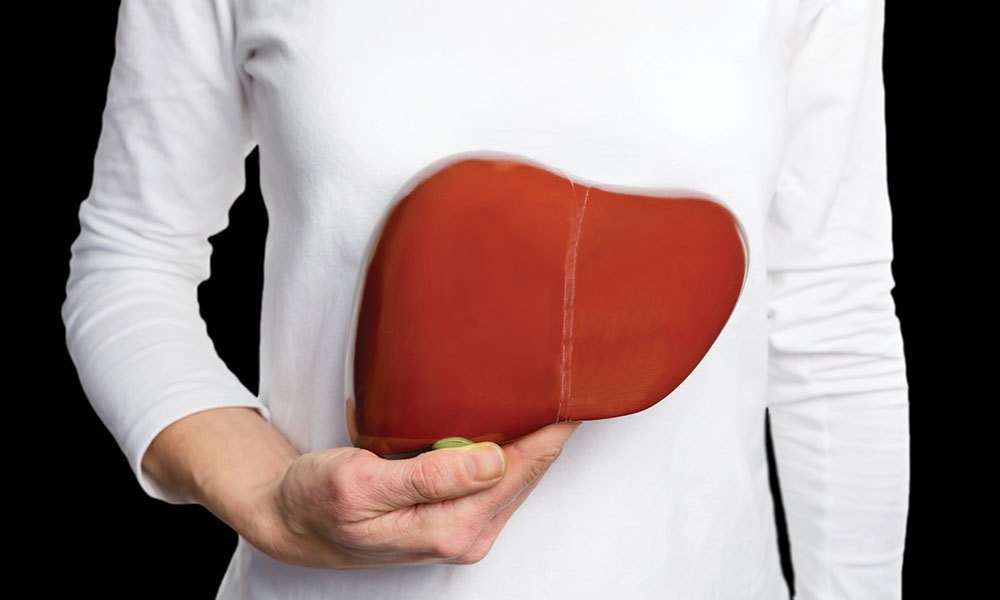Smoking and Colon Cancer: The Link Between the Two
Though it has long been suspected, there is concrete evidence that smoking causes colon cancer. A study published in the Journal of the American Medical Association found that smokers are at a significantly higher risk for developing colon cancer than nonsmokers. The study also found that the risk increases with the number of daily cigarettes.
What is colon cancer, and what are the symptoms
Colon cancer is a cancer of the colon, the largest intestine in the body. It is the third most common cancer in men and women in the United States. Colon cancer often does not have any symptoms in its early stages. When symptoms do occur, they may include diarrhea, constipation, blood in the stool, or abdominal pain. What is colon cancer, and what are the symptoms
How smoking increases your risk of colon cancer
Smoking is a known risk factor for many types of cancer, including colon cancer. The link between smoking and colon cancer is not fully understood, but it is thought that it may damage the colon's DNA, which can lead to the development of cancer. Smoking may also reduce the body's natural defenses against colon cancer.
What can you do to reduce your risk of colon cancer?
Though smoking is a significant risk factor for colon cancer, there are many things you can do to reduce your risk of developing the disease. Some steps you can take include:
- Eating a healthy diet that includes plenty of fruits and vegetables
- Exercising regularly
- Maintaining a healthy weight
- Avoiding red and processed meat
- Limiting alcohol consumption
- Quitting smoking
If you are a smoker, quitting is the best thing you can do for your colon health. Talk to your doctor about ways to quit smoking and available resources to help you kick the habit.
How quitting smoking can benefit your colon health
Quitting smoking has many benefits for your overall health, and colon health is no exception. When you quit smoking, you reduce your risk of developing colon cancer and other digestive cancers. This is because smoking increases your risk of developing cancerous colon polyps, which can lead to cancer if left untreated.
Quitting smoking also reduces your risk of other colon health problems, such as constipation and Crohn's disease. Smoking can also aggravate these conditions if you already have them. So, quitting smoking is a good place to start if you want to keep your colon healthy. How quitting smoking can benefit your colon health
Quitting smoking has many benefits for your overall health, and colon health is no exception. When you quit smoking, you reduce your risk of developing colon cancer and other digestive cancers. This is because smoking increases your risk of developing cancerous colon polyps, which can lead to cancer if left untreated.
Quitting smoking also reduces your risk of other colon health problems, such as constipation and Crohn's disease. Smoking can also aggravate these conditions if you already have them. So if you want to keep your colon healthy, quitting smoking is a good place to start. How quitting smoking can benefit your colon health
Quitting smoking has many benefits for your overall health, and colon health is no exception.

